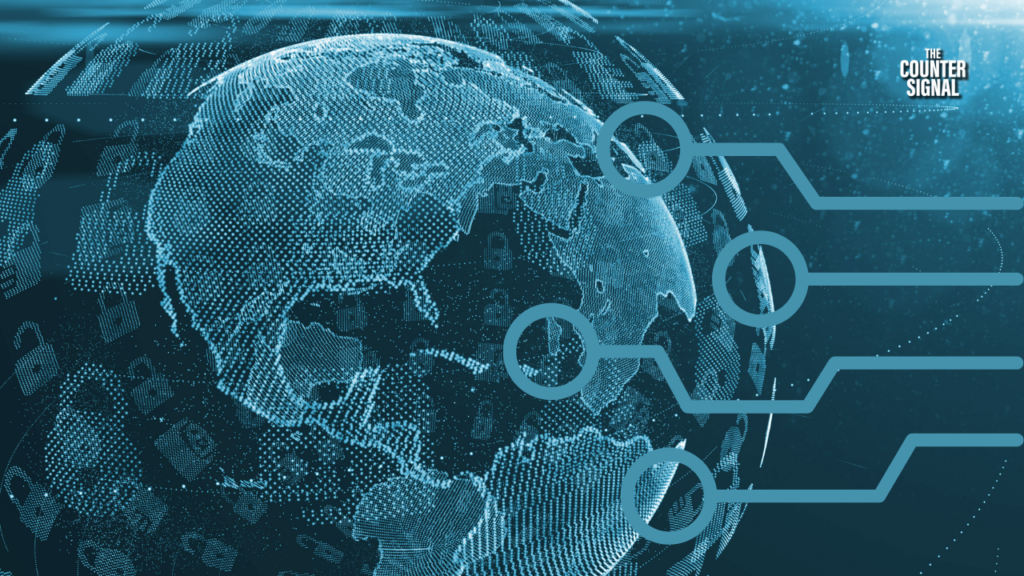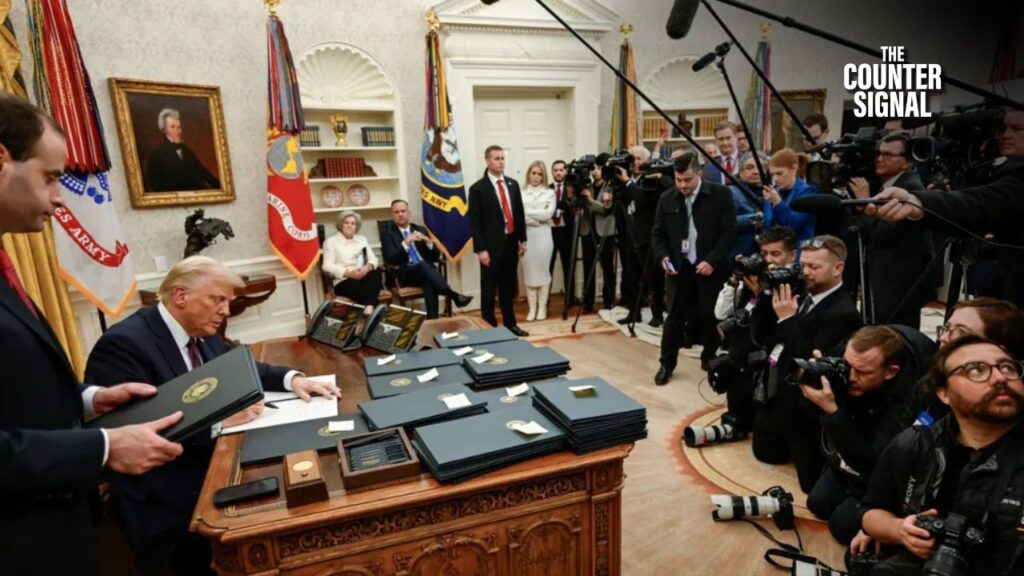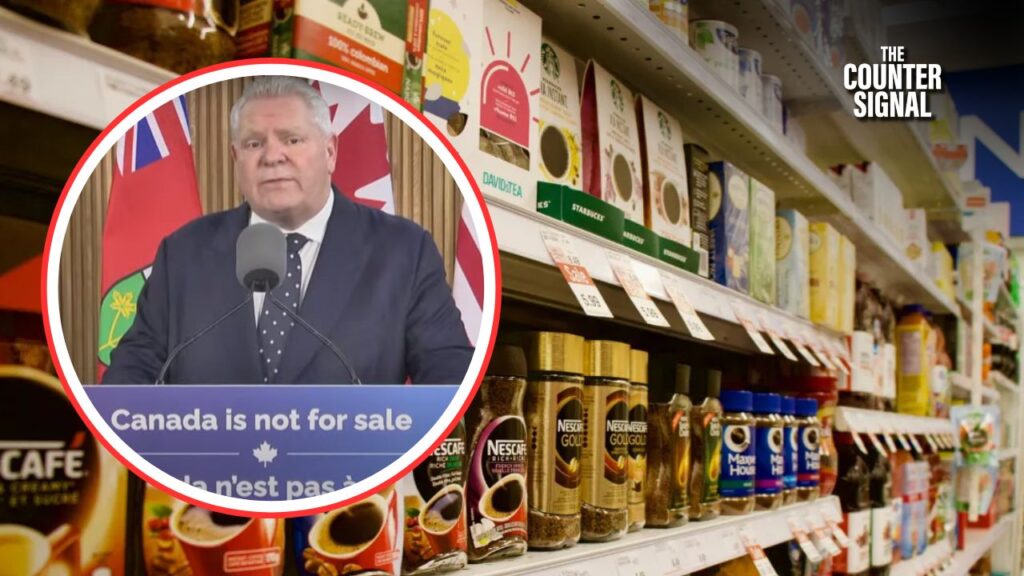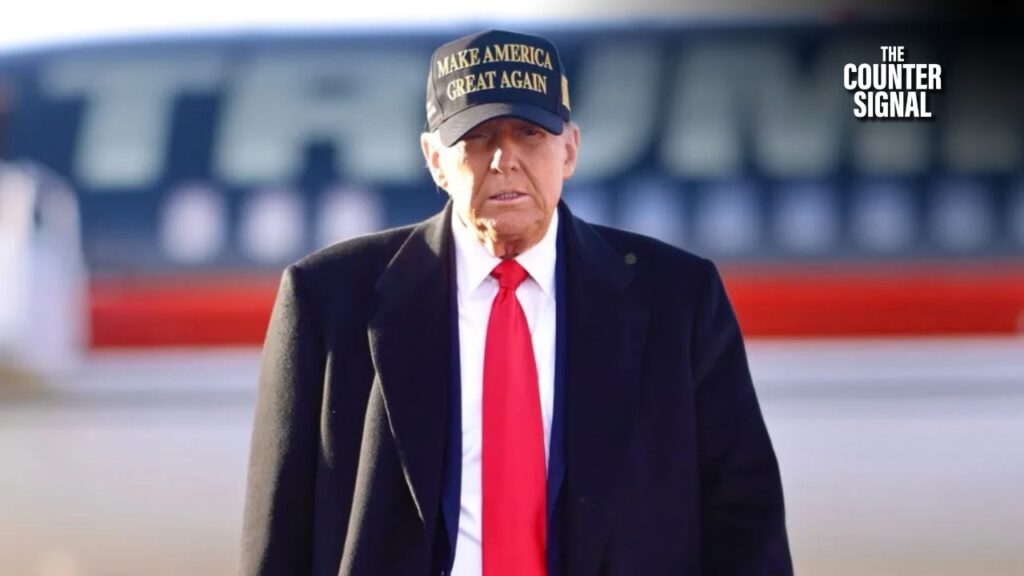Last week, the World Health Organization (WHO) announced that member states inched closer to developing a legally binding global pandemic treaty.
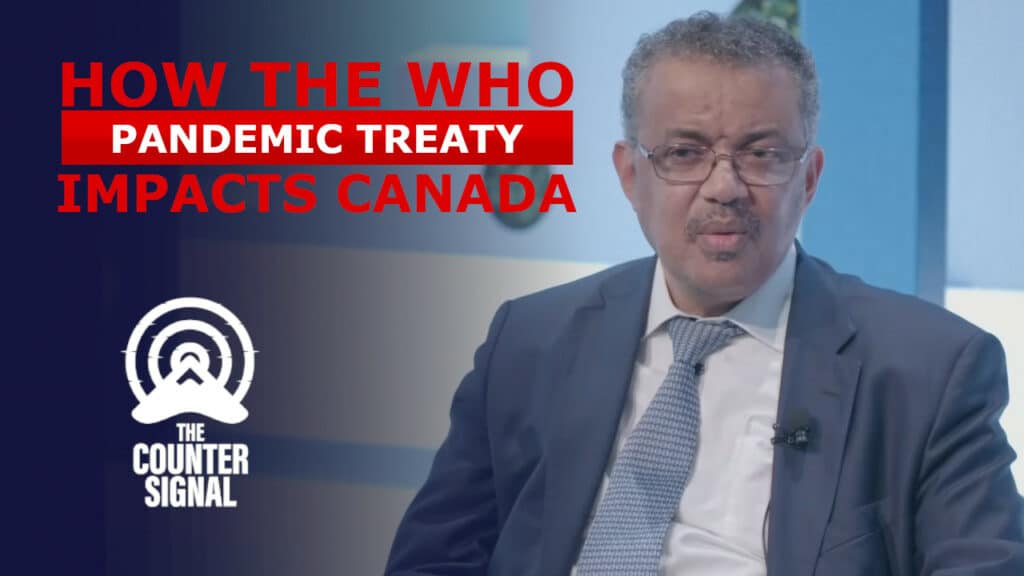
“I welcome the agreement by @WHO Member States to develop a zero draft of a legally binding #PandemicAccord designed to protect the world from future pandemics and to continue discussions on the draft in February 2023,” said WHO CEO Dr. Tedros Adhanom Ghebreyesus.
Subsequently, Conservative MP Leslyn Lewis denounced the WHO.
“It’s a fact – the WHO is working towards a global, legally binding Pandemic Treaty that will require nations to harmonize their pandemic response. I sounded the alarm months ago when the US proposed 11th-hour changes to the WHO’s regs that would have limited nations’ sovereignty.”
It's a fact – the WHO is working towards a global, legally binding Pandemic Treaty that will require nations to harmonize their pandemic response. I sounded the alarm months ago when the US proposed 11th-hour changes to the WHO's regs that would have limited nations' sovereignty. https://t.co/8fsiUHG1UY
— Dr. Leslyn Lewis (@LeslynLewis) December 9, 2022
Here are the critical issues at stake, all of which could entail a less sovereign Canada:
The Pandemic Treaty could mean the WHO will determine what constitutes a health crisis in Canada
Consequently, Canadian elections will have less relevance, as health policy will be determined by the globalist WHO. In a sovereign nation, politicians can vie for votes based on their respective health policy promises. But with a legally-binding pandemic treaty, countries may be forced to comply with whatever measures are imposed by international authorities outside of Canada.
For example, the WHO could determine that climate change is a global health crisis, as some scientists already do. What does this mean for environmental policies in Canada? Will Conservative leader Pierre Poilievre be able to distance himself from the Trudeau Liberals’ policies? Could the WHO mandate increased carbon taxes?
Earlier this year, while speaking on behalf of the WHO, International Council of Nurses CEO Howard Catton claimed that climate change is the” grandmother of all health threats.”
Furthermore, Canada has already indicated full support for letting the WHO decide what’s best for Canadians.
“The health, economic and social costs of not being adequately prepared are catastrophic,” Health Minister Duclos said at the WHO World Health Assembly.
“That’s why Canada supports the idea of a new multilateral instrument to ensure better preparedness,” he added.
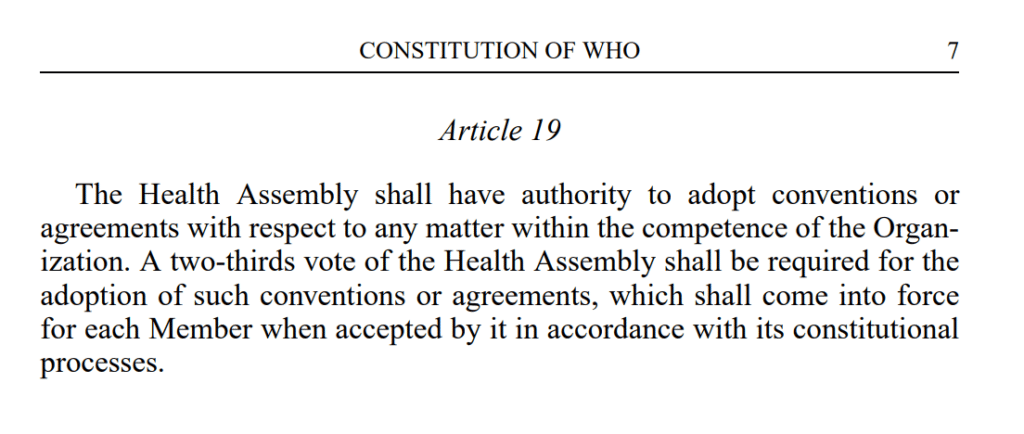
The WHO can determine what legally binding measures Canada must put in place
This includes vaccine mandates, vaccine passports, and lockdowns.
Under this measure, travelling could require getting whatever experimental vaccinations the WHO determines necessary. So, for example, vaccines could be needed for restaurants if the WHO says so.
Article 21 of the WHO’s constitution says the WHO’s Health Assembly “shall have authority to adopt regulations concerning (a) sanitary and quarantine requirements and other procedures designed to prevent the international spread of disease.”
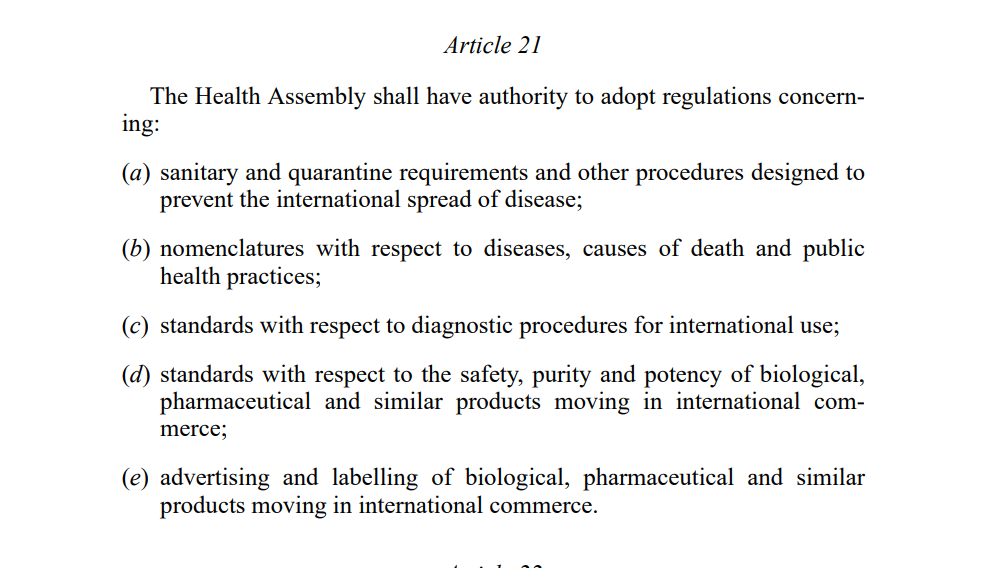
The WHO has already been green-lit to facilitate universal vaccine passports. Last month, the White House stated on behalf of G20 countries, including Canada, that:
“We acknowledge the importance of shared technical standards and verification methods, under the framework of the (International Health Regulations, 2005), to facilitate seamless international travel, interoperability, and recognizing digital solutions and non-digital solutions, including proof of vaccinations.”
Failure to comply could result in sanctions from the WHO
Of course, the WHO would need to impose sanctions on countries that refused to follow its “legally binding” orders — otherwise, the treaty would merely convey recommendations.
In April, The WHO’s Dr. Tedros Adhanom Ghebreyesus said as much. Ghebreyesus agreed with the German Health Minister’s suggestion that countries disobeying regulations dictated by the WHO through their pandemic treaty may need to be sanctioned.
The WHO could have the power to censor dissent on social media
In May, A WHO White Paper advocating for expanding WHO powers through the pandemic treaty put tackling “infodemic” COVID “misinformation” at the top of their list.
Under the guise of “Community protection,” the WHO writes, “Infodemic of COVID-19 misinformation – often combined with ineffective and inconsistent risk communication and public health messaging – eroded public trust in public health authorities and science and undermined the effectiveness of public health and social measures and the demand for countermeasures such as vaccines.”
“New techniques for infodemic management can counteract some of the corrosive effects of misinformation on public trust in science and authorities.”
The WHO further states that public health institutes should work with “influential private companies” to communicate the risk of misinformation and that social media should “develop infodemic management and community engagement tools.”
In other words, the WHO expects social media companies to continue doing what they’ve done throughout the pandemic: censor people and media organizations who go against the mainstream narrative.
According to the WHO’s website, “An infodemic is too much information including false or misleading information in digital and physical environments during a disease outbreak. It causes confusion and risk-taking behaviours that can harm health.”




